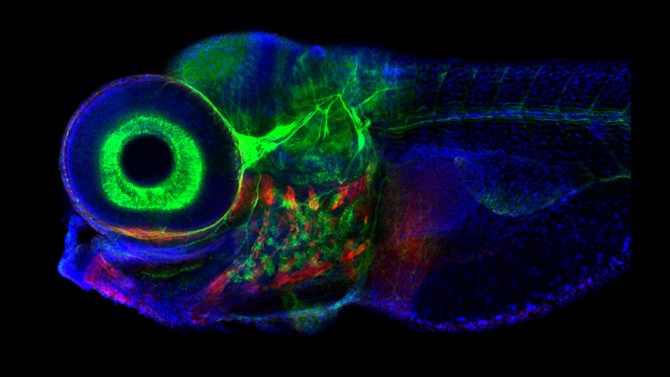Creative authors could soon have a new option to help overcome writer’s block, thanks to a system launched by researchers in the College of Information Sciences and Technology at Penn State.
Image: Adobe Stock: Brian Jackson
Creative authors could soon have a new option to help overcome writer’s block, thanks to a system launched by researchers in the at Penn State.
The crowd-powered system, called Heteroglossia, enables writers to elicit story ideas from the online crowd. Authors can share sections of their story drafts using a text editor. Then, through a strategy called “role play,” online workers are assigned fictional characters in the story and tasked with brainstorming plot ideas from that character’s perspective.
“When you write a story as an author or novelist, at some point you get stuck,” , assistant professor of information sciences and technology and principal investigator on the project. “Using the role-play strategy and structure, you can get ideas that are semantically far from your current plot to help relieve writer’s block.”
Huang noted that the Heteroglossia platform is just one option in a toolkit that writers can draw from when they get stuck in their writing.
“You can imagine that when an author gets stuck, they may try many things,” he said. “They could use this system, they could go to sleep, they could drink coffee, they could take a break.”
He added, “We built a system that can provide interesting ideas. Based on the literature, we know that when creators get stuck in the creative process, the inspirations or ideas that are semantically far from their current working idea will be more helpful than ideas that are nearer.”
Huang knows first-hand the value of overcoming writer’s block. In his spare time, he writes fiction, short stories, essays, plays and poems. He self-published his first book at 17 and won the Award of Mystery Writers of Taiwan writing contest – 臺灣推理作家協會徵文獎 in Mandarin Chinese – in 2010. Now, he wants to focus his research on helping his fellow creative writers.
“There is a gap between writing support technologies and creative writing,” he said. “You have a lot of automated technologies, such as spell check and grammar check, to support writing. Those are useful, but not specialized for creative writing.”
In the project, Huang and his research team conducted two studies. The first measured the effects of role-play strategy, which enabled them to inform the design of their platform. Through that study, they conducted experiments to explore whether the role-play strategy could produce useful story ideas and what trade-offs could occur by using this strategy.
In the second study, the researchers conducted a deployment study with experienced creative writers, encouraging them to use the Heteroglossia platform as a tool when they got stuck in their writing process, and to share their experience with the system in pre- and post-study interviews.
“We learned that writers care about their intellectual property, and that they have concerns that a lot of strangers (online crowd workers) will see part of their draft,” said Huang. “So, we need to work on how to make the shared draft anonymous or blur certain parts of the story.”
Huang and his co-collaborators, Chieh-Yang Huang, doctoral student in the College of IST, and Shih-Hong Huang, research assistant in the College of IST, will present their work at the 2020 Association of Computing Machinery CHI Conference on Human Factors in Computing Systems – the premier international conference of Human-Computer Interaction – in May.
According to Huang, the current system is powered entirely by human workers. Future work will involve expanding the deployment study to include more creative writers, and potentially incorporating artificial intelligence into the platform to generate story ideas.
“I believe that the creative process is critical to human activities,” he said. “We talk about automating human labor, and people have the sense that automating the creative process is very difficult. I believe if we learn how to help creative writing or creative processes in general, we can learn more about how to build systems that can be creative.”








